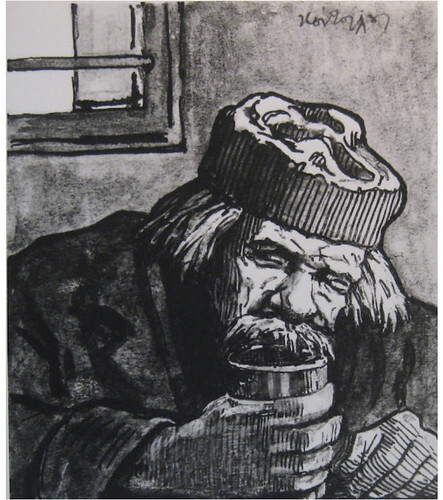What do you think?
Rate this book


25 pages, Paperback
First published January 1, 1848


“Has he a passport anyway or something of the sort?
To be sure he has, he is a good man, a man of experience; three rubles he’s promised to pay.”
“No Astafy Ivanovitch, I never- sort of – touched your breeches.”
What was best of all, Astafy Ivanovitch would sometimes tell a story, describing some incident in his own life. In the perpetual boredom of my existence such a story-teller was a veritable treasure. One day he told me one of these stories. It made an impression on me. The following event was what led to it...